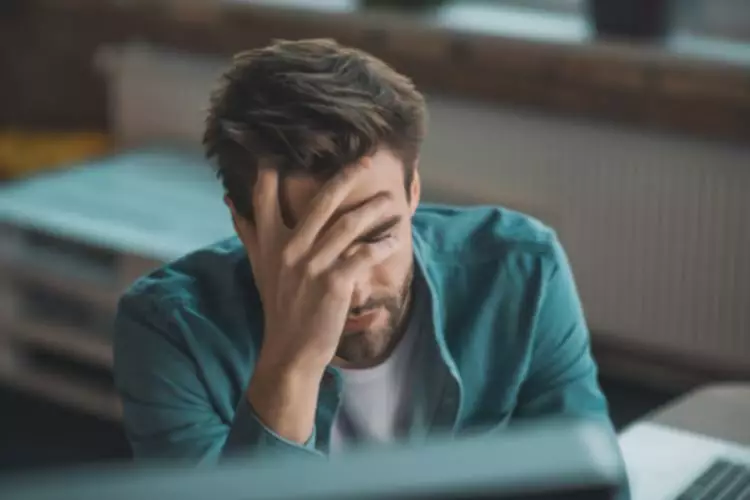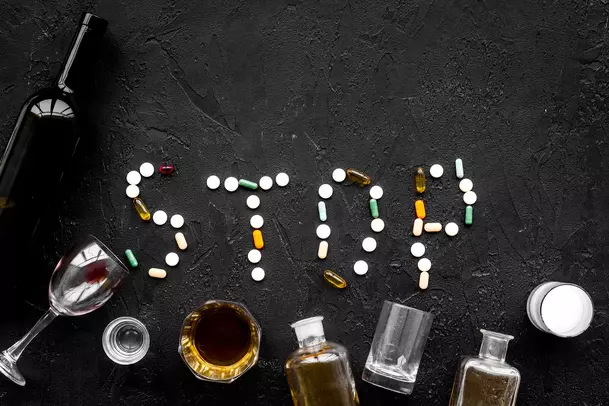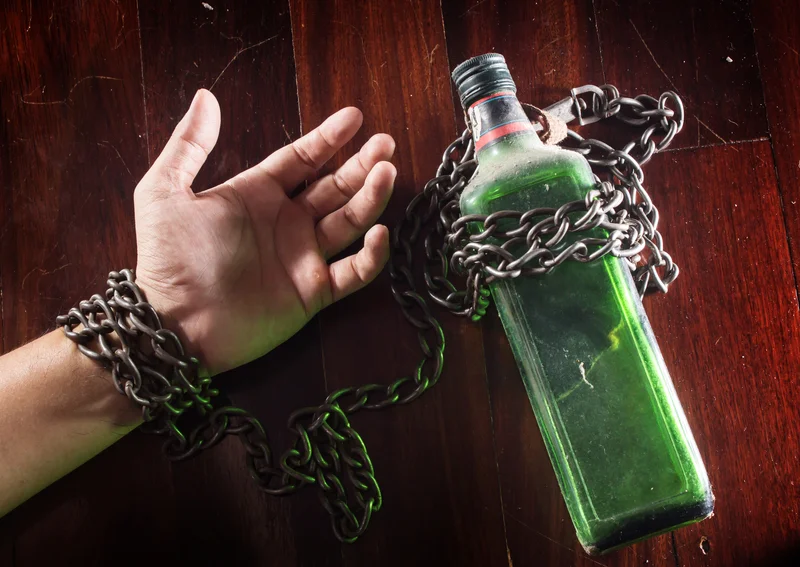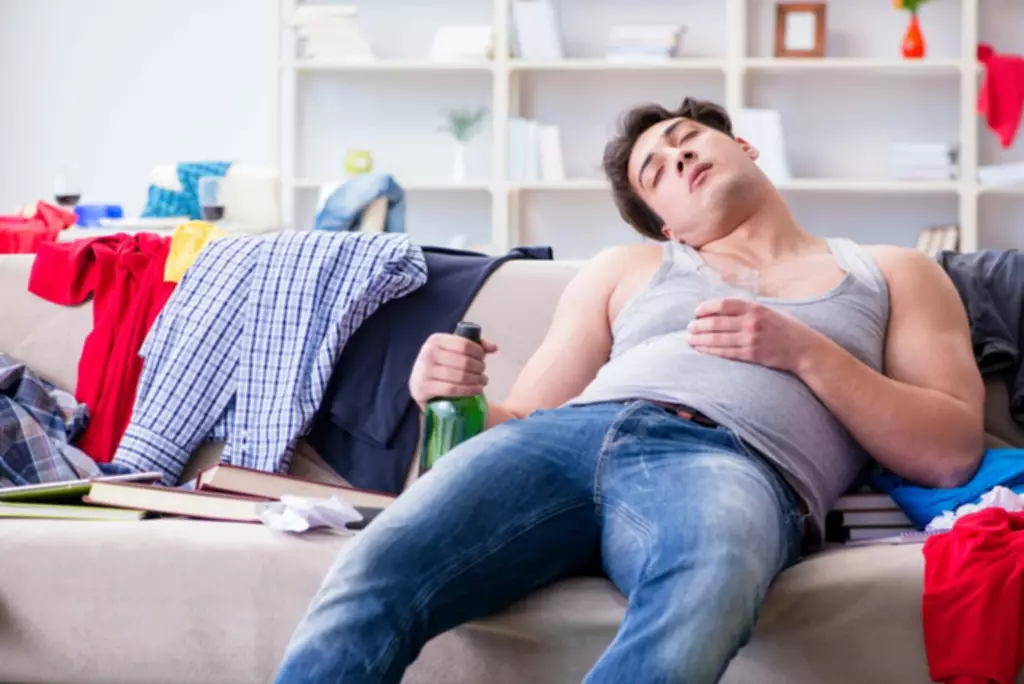What Causes Night Sweats After Drinking?

Persistent night sweats can be an indication of an alcohol use disorder (AUD) or alcohol intolerance. Several factors may contribute to alcohol-induced night sweats, such as dehydration and changes in hormone levels. It is recommended to consult a doctor for a proper diagnosis and customized treatment plan. If you’re a regular drinker or you struggle with alcohol addiction, you might experience certain feelings and sensations after a period of not drinking.

Is Alcohol Safe for Someone With Hyperhidrosis?
This stimulation can lead to increased sweat gland activity, exacerbating the night sweat problem. Alcohol withdrawal can trigger a cascade of unpleasant symptoms, including night sweats. When heavy drinkers abruptly stop drinking, their bodies go into shock – craving the depressant effects of alcohol. Heavy, long-term alcohol use leads to physical and psychological dependence. If you’re struggling with alcohol dependency and need assistance, don’t hesitate to reach out for help. Their compassionate team is dedicated to providing the care and tools necessary for lasting recovery.

Underlying Health Conditions

If this is the case, alcohol detox and addiction treatment will be very helpful. Night sweats can generally be described as unusual or excessive sweating during the night hours. Hyperhidrosis and anxiety are closely related as anxiety can be a result of the condition and it can also make it worse. This can be especially pertinent for football players as performance anxiety prior to games can make sweating worse which can, in turn, affect performance. If you are dealing with anxiety try to find ways to relax so that you focus on your game and not on your sweat.
- Since alcohol disrupts your body’s temperature regulation, it can also cause further sweating as the night goes on.
- To mitigate the disruption of sleep patterns caused by alcohol, it is recommended to limit alcohol consumption and avoid drinking close to bedtime.
- Implementing these lifestyle adjustments and paying attention to hydration and environmental factors can help manage alcohol-related night sweats effectively.
- These treatment programs give you a chance to live at the treatment facility while getting help.
- Your body also needs these phases of sleep in order to burn fat, repair brain cells, and grow new muscle tissue.
- These night sweats can be disruptive to sleep patterns and may indicate underlying health issues or an adverse reaction to alcohol.
Causes of Night Sweats

Night sweats from alcohol are more likely to occur at night because individuals tend to consume alcohol during that time. Alcohol can have a notable impact on the body’s sweating mechanisms, potentially leading to night sweats. When alcohol is consumed, it affects the heart and blood vessels, resulting in vasodilation, skin warming, flushing, and subsequent sweating. This process is particularly common during the evening hours, making night sweats more prevalent after drinking alcohol and sweating at night. Reducing alcohol intake is one of the most direct ways to manage night sweats. One of the primary ways alcohol can contribute to night sweats is by affecting body temperature regulation.

- It’s vital to keep in mind that these are only the mild symptoms of withdrawal.
- For some, complete avoidance may very well be the only solution to managing excessive sweating when it comes to alcohol.
- Additionally, the effects of alcohol on blood vessels (such as dilation) are reversed during withdrawal, leading to constriction, which may be painful.
- Because alcohol intolerance is a genetic condition, there’s currently no cure for it.
- Uncontrolled sweating combined with other symptoms like fever, rapid heartbeat or seizures requires immediate medical care as it could be life-threatening.
- For people who experience hallucinations as part of alcohol withdrawal, these may begin in the 12- to 24-hour time frame.
Disrupted sleep patterns can also lead to night sweats, as alcohol can alcoholism treatment disrupt the normal sleep cycle, causing night sweats to occur during periods of shallow or disturbed sleep. Night sweats can be an unsettling experience, and individuals who consume alcohol may wonder if there is a connection between their drinking habits and these nighttime episodes. In this section, we will explore the relationship between alcohol and night sweats to gain a better understanding of their connection.

Deixe uma resposta
Want to join the discussion?Feel free to contribute!